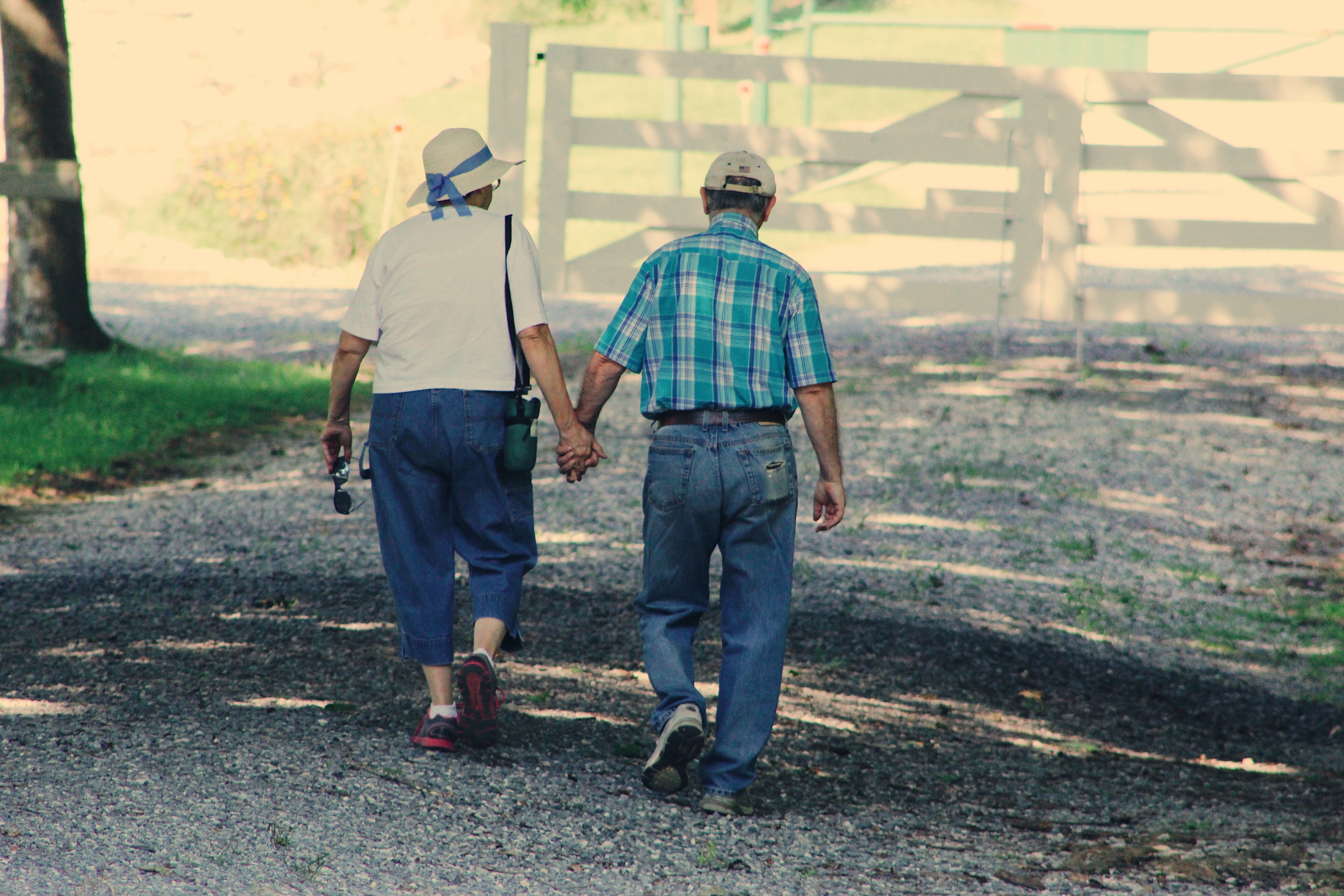
Explaining the death of a spouse to someone with Alzheimer’s disease or dementia is a difficult task, and one that is significantly complicated if the deceased spouse was their primary caregiver. Although every situation is unique, here are some suggestions for handling this heart-wrenching situation.
Breaking the News
Although you might be tempted to avoid telling someone with Alzheimer’s disease or dementia that their spouse has died, experts recommend being upfront, even with those in very advanced stages of memory loss. And, if the spouse was their primary caregiver, it’s likely they will ask about the loved one’s absence if they are still verbal.
Conduct the conversation in a quiet space, free from crowds and other distractions such as television, and choose a time when your cognitively challenged loved one is most alert and responsive. Don’t feel obligated to take the task on alone, especially if you are also grieving.
It can be beneficial to enlist the aid of a professional like a pastor or eldercare specialist. They will be able to assist in conveying the message in a way that will help the person process the news.
The Weeks and Months Ahead
Depending on their level of impairment, it might make sense to give your loved one a say in planning the memorial service or see if it’s possible for them to attend. You could also consider having the surviving spouse help with the process of clearing out the deceased’s belongings. It could present important opportunities for them to reminisce or deepen their understanding of the death.
That said, there is a strong possibility your loved one will continue asking where their missing caretaker has gone. Your approach to retelling them of the death might depend on a variety of factors, including their level of cognitive impairment or their reaction to reminders. For those still functioning at a fairly high level, the news of a spouse/caretaker’s death could sink in over time, according to AgingCare.com. For others, the right response to repeated inquiries might depend on their tone or even the way they phrase a question. Regardless of the approach, you and other caregivers and loved ones should strive for consistency in the way you handle the person’s questions and emotions.
Practical Problems
For many who are helping their loved ones with Alzheimer’s or dementia understand and deal with grief, the concerns soon move from painful to practical as they adjust to life without the person who provided primary care. Ideally, the spouse/caregiver discussed logistics like legal power of attorney, finances, and the surviving spouse’s medical needs in depth with the individual, agency representatives, or care facility staff that would take their place in the event they could no longer look after their loved one. But stressed caregivers commonly neglect such tasks, and often at the same time they put their own health needs on the back burner.
Losing a spouse and trusted caregiver is never easy, especially when it comes to helping people with Alzheimer’s or dementia understand and process their feelings. But honesty and advanced planning can help both you and your loved one through the pain and practicalities that can extend well beyond a memorial service.
Photo via Pexels
